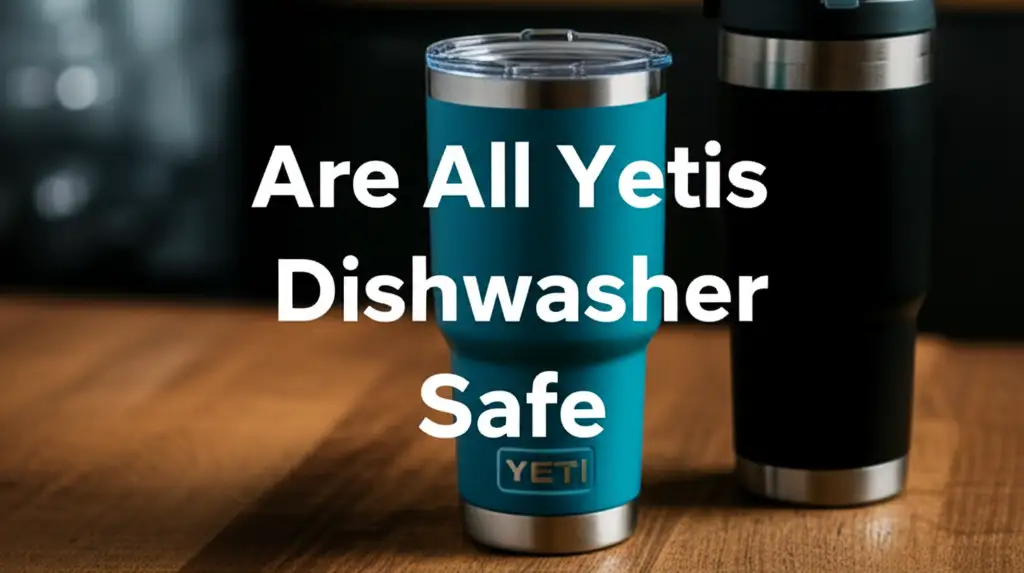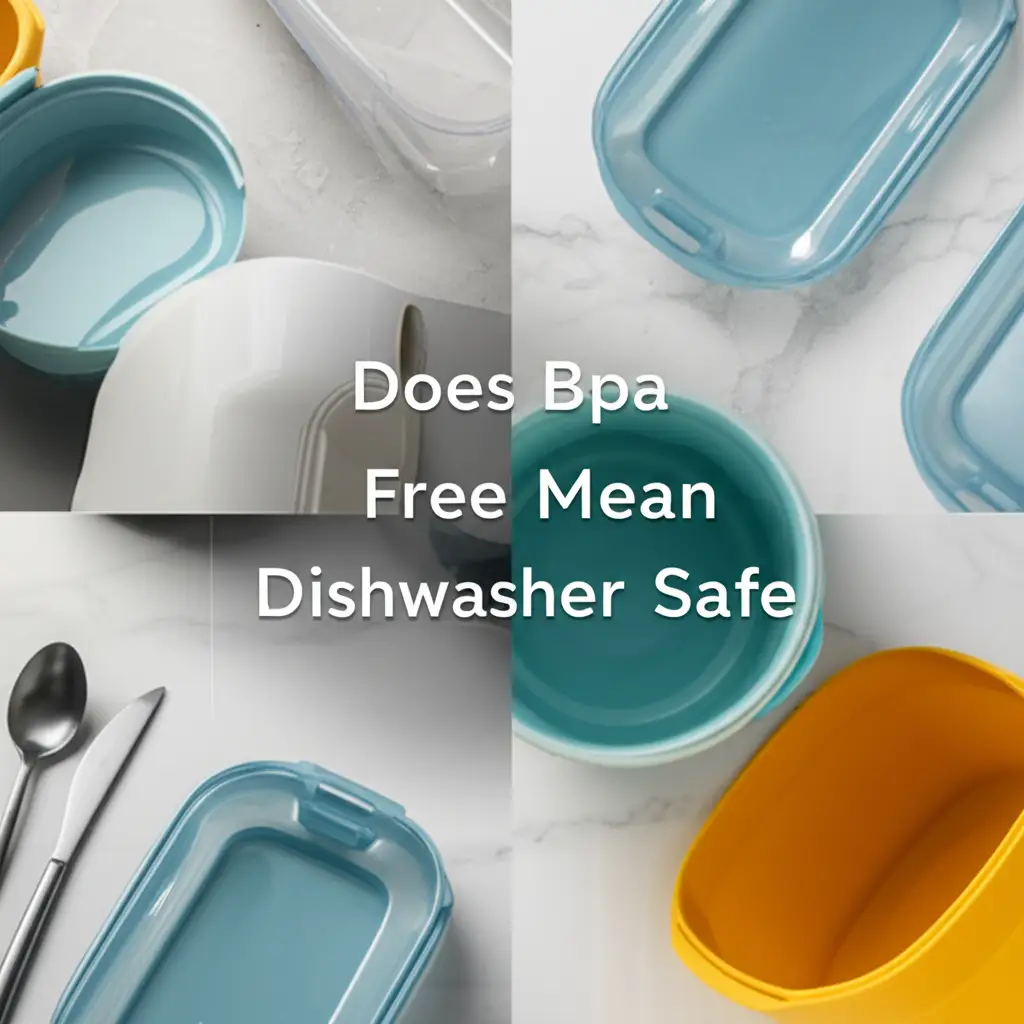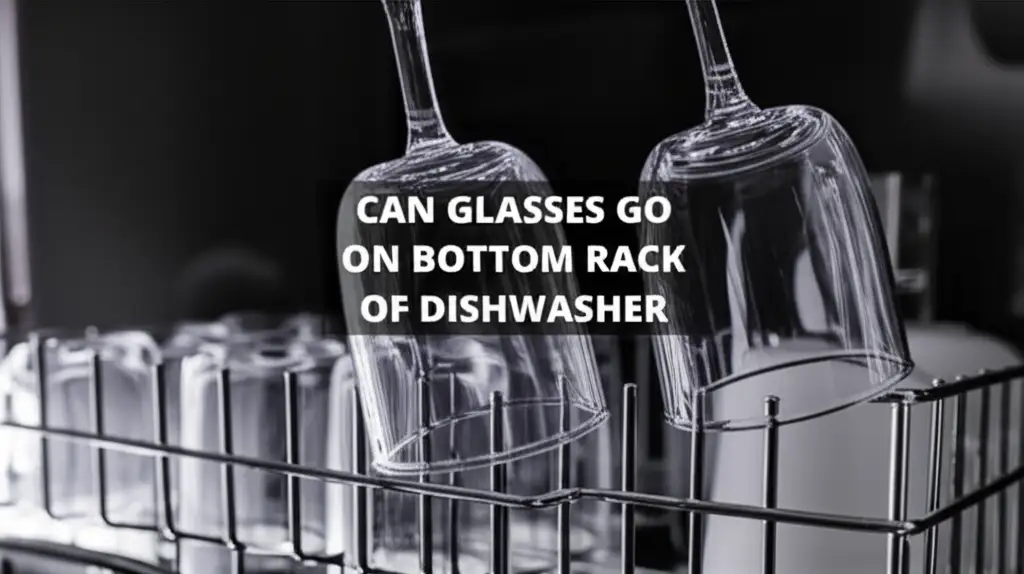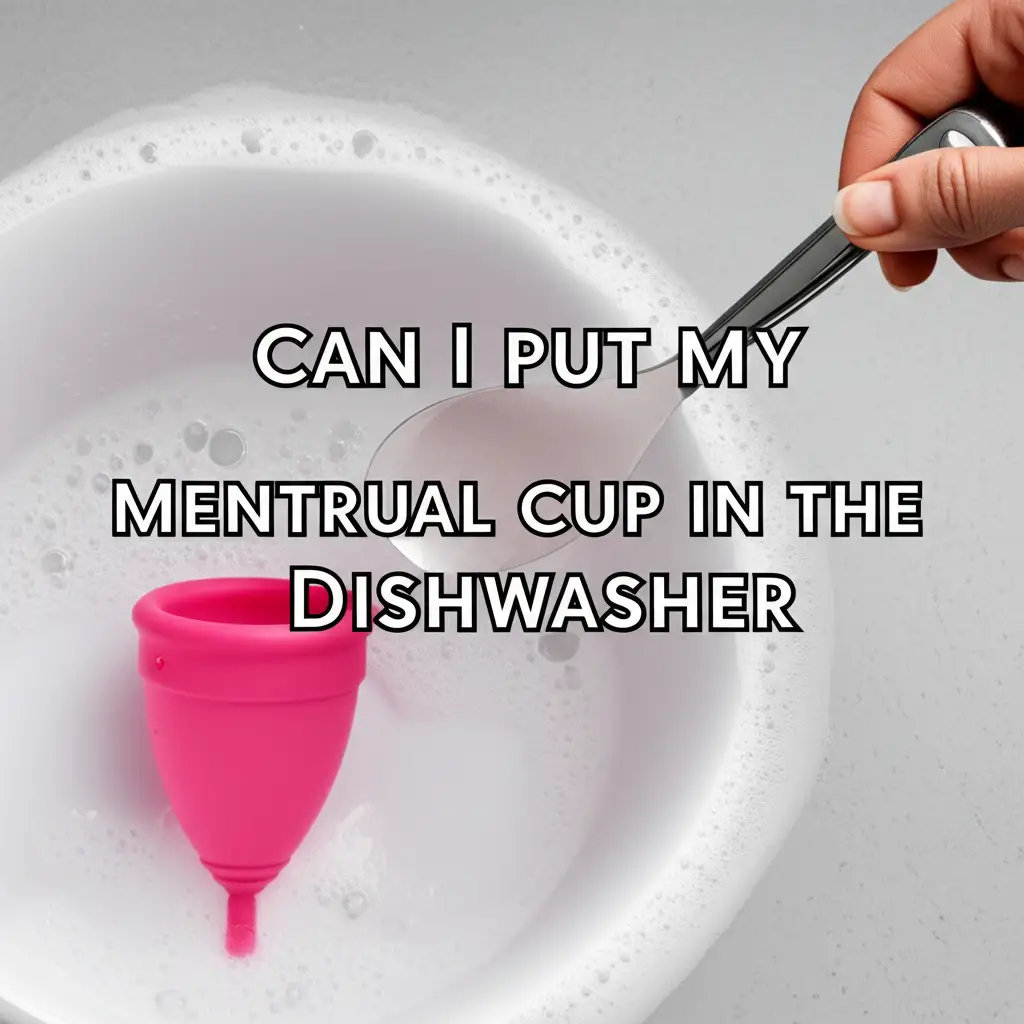· Elira Thomsen · Product Care · 15 min read
Are All Yetis Dishwasher Safe

Is Your Yeti Dishwasher Safe?
Keeping your favorite insulated drinkware clean is important. You might wonder, “Are all Yetis dishwasher safe?” Many people ask this question. Yeti products are known for their rugged durability and excellent insulation. Proper cleaning helps maintain these qualities. Using the dishwasher seems like an easy solution. However, not every Yeti product is designed for high heat cycles. Some components need special care.
This article will help you understand the specific cleaning guidelines for different Yeti items. We will look at drinkware, coolers, and accessories. You will learn about materials and their reaction to heat. We will cover best practices for both dishwasher use and hand washing. My goal is to ensure your Yeti stays in top condition. Let’s explore how to clean your Yeti safely and effectively.
Takeaway
- Most Yeti Rambler drinkware (tumblers, bottles, mugs) made of stainless steel is dishwasher safe.
- Yeti lids and gaskets are generally dishwasher safe but benefit from top-rack placement.
- Yeti coolers (hard and soft) are not dishwasher safe and require hand washing.
- High heat can damage Yeti finishes, seals, and insulation properties over time.
- Always check the specific product’s care instructions for optimal results.
A Clear Answer: Are All Yetis Dishwasher Safe?
No, not all Yeti products are dishwasher safe. Most Yeti Rambler drinkware, including tumblers, bottles, and mugs, is dishwasher safe. This applies to their stainless steel bodies and many lids. However, Yeti hard and soft coolers, along with some accessories, are not suitable for dishwashers. Always consult the product’s specific care instructions to ensure safe cleaning.
Understanding Yeti Product Materials
Yeti products are famous for their tough build. They use specific materials to achieve this. Knowing these materials helps us understand how to clean them. Different materials react differently to heat and strong detergents. This is why not everything can go into the dishwasher.
Most Yeti drinkware features 18/8 kitchen-grade stainless steel. This material is highly durable. It resists rust and punctures. Stainless steel generally handles high temperatures well. This makes the main body of many Yeti tumblers suitable for dishwashers. However, the vacuum insulation inside needs careful treatment. Extreme heat can affect the seal over time. This could reduce insulation performance.
Yeti lids are typically made from BPA-free plastic. This plastic is tough and clear. It also resists shattering. The gaskets are usually silicone. Both plastic and silicone components are generally dishwasher safe. They can handle the temperatures in a dishwasher. However, placing them on the top rack is often recommended. This keeps them away from the heating element. It prevents potential warping or degradation. Understanding if plastic is dishwasher safe can be tricky, but Yeti uses high-quality materials often indicated as such. For more on plastic safety, you might want to read our article on does BPA-free mean dishwasher safe.
Yeti coolers, both hard-sided and soft-sided, use different materials. Hard coolers like the Tundra or Roadie use rotomolded polyethylene. This plastic is incredibly strong. It is designed for impact resistance. Soft coolers like the Hopper use high-density fabric and waterproof linings. These materials are not meant for dishwasher cycles. The high heat and harsh detergents can damage their structure. They can also degrade seals and zippers. Hand washing is always the method for these larger items.
The “Dishwasher Safe” Label: What It Means for Yeti
When a product is labeled “dishwasher safe,” it means it can withstand normal dishwasher cycles. This typically involves hot water, detergent, and drying heat. For Yeti, this label applies mainly to their drinkware. The stainless steel construction of Rambler products is designed for this. They are built to endure the cleaning process. This ensures convenience for users.
Yeti specifically designs its Rambler drinkware for easy cleaning. They want you to use your products daily without much hassle. The “dishwasher safe” claim supports this. It means the materials will not deform or lose function under normal dishwasher use. The double-wall vacuum insulation remains intact. The exterior finish also resists fading or peeling. This is a significant advantage over many other insulated brands. Some similar products, like certain RTIC cups, are not dishwasher safe due to manufacturing differences or material choices. You can learn more about why RTIC cups are not dishwasher safe for comparison.
However, “dishwasher safe” does not mean “indestructible.” Over time, frequent exposure to extremely high heat might still have an impact. While rare, continuous use of the hottest sanitize cycle might stress seals. It is generally safe for everyday cleaning. For lids and gaskets, the top rack is always the best choice. This reduces exposure to direct heating elements. The bottom rack can get very hot. It can cause plastic parts to warp.
Always refer to the specific care instructions provided by Yeti for each product. Yeti’s official website or the product packaging will give the most accurate information. This helps avoid any unintended damage. It ensures your product lasts as long as intended. The “dishwasher safe” label provides a convenience feature for most Yeti cups. It does not extend to all their products.
Yeti Drinkware: Mugs, Tumblers, and Bottles Dishwasher Safety
Yeti Rambler drinkware is a popular choice for daily use. This includes their famous tumblers, mugs, and water bottles. The good news is that most of these items are indeed dishwasher safe. This applies to the stainless steel body of the drinkware. It is a big convenience for many owners. I find it so much easier to just toss my tumbler into the dishwasher after a long day.
The double-wall vacuum insulated stainless steel is built to last. Yeti uses 18/8 kitchen-grade stainless steel. This material is robust and resists rust. It can handle the high temperatures and detergents in a dishwasher. Your Rambler will come out clean without losing its insulating properties. The powder coating on the exterior is also designed to withstand dishwasher cycles. It will not peel or fade.
Yeti lids and gaskets are also dishwasher safe. These parts are often made from durable, BPA-free plastic and silicone. You should place them on the top rack of your dishwasher. The top rack is generally less intense than the bottom. This prevents any potential warping from direct heating elements. Simply separate the lid and gasket from the main body before washing. This ensures all parts get thoroughly cleaned.
For certain specialized lids or accessories, always double-check the care instructions. While most are dishwasher friendly, there might be exceptions. For example, some accessory caps could have small parts that are best washed by hand. Following Yeti’s guidelines ensures your product remains in top condition. This also helps maintain your warranty. Using the dishwasher for your Rambler drinkware makes cleaning simple and efficient.
Yeti Coolers and Hard Goods: Cleaning Recommendations
Unlike the drinkware, Yeti coolers and other hard goods are not dishwasher safe. This includes their popular Tundra and Roadie hard coolers. It also applies to their Hopper soft coolers. These items are much larger and made from different materials. They require a different cleaning approach. Putting them in a dishwasher can cause significant damage.
Hard coolers, like the Yeti Tundra, are constructed from rotomolded polyethylene. This is a very strong plastic. However, the high heat of a dishwasher can deform this material. It can also degrade the gaskets and latches. The interior of the cooler can also become warped. This would compromise its insulating ability. Detergents can also harm the finish or leave residues. Therefore, hand washing is the only recommended method for these coolers.
Soft coolers, such as the Yeti Hopper series, are also not dishwasher safe. These coolers use high-density fabrics and durable waterproof liners. The dishwasher’s heat can melt the interior lining. It can damage zippers and exterior fabrics. The cleaning chemicals can also strip protective coatings. This would lead to leaks and reduced performance. A gentle hand wash is essential for soft coolers.
For cleaning these larger Yeti products, use a mild dish soap and warm water. A soft brush or cloth works well for scrubbing surfaces. For tough stains, a mixture of baking soda and water can be effective. Rinse thoroughly with clean water. Make sure to dry them completely before storing. This prevents mold and mildew. Proper hand cleaning ensures your coolers remain functional and durable for many years.
Why Heat Can Damage Your Yeti: Temperature Effects
Heat plays a critical role in how well your Yeti product lasts. While some parts are designed for heat, others are not. Understanding these temperature effects is vital for proper care. The main concern with high heat, especially from a dishwasher, relates to the vacuum insulation and product materials. My experience tells me that excessive heat is often the culprit for wear.
Yeti Rambler drinkware uses double-wall vacuum insulation. This creates a barrier that keeps liquids hot or cold. The vacuum seal is crucial for this function. While the stainless steel body is tough, extreme heat can potentially compromise this seal over a very long time. If the seal breaks, the insulation performance drops significantly. Your drinkware might then sweat or lose its temperature retention. Though Yeti designs these products to be dishwasher safe, continuous exposure to the hottest sanitize cycles could still stress them more than regular washes.
Materials like plastic lids and silicone gaskets are also sensitive to heat. While dishwasher safe, they are best placed on the top rack. This part of the dishwasher generally has lower temperatures. The heating element is usually at the bottom. Direct heat can cause plastic to warp or become brittle. Silicone can lose its elasticity over time. This leads to poor seals and leaks. It is similar to how other kitchen items, like some stainless steel mixing bowls, might be fine, but their plastic lids might need more gentle care. You can find more information about stainless steel mixing bowls dishwasher safety.
Coolers and other larger Yeti gear are even more susceptible to heat damage. Their rotomolded plastic or fabric constructions are not built for dishwasher temperatures. Heat can melt or deform the plastic bodies. It can also damage the waterproof liners and zippers on soft coolers. This compromises their structural integrity and insulation. Always stick to cold or warm water for cleaning these items. Avoid leaving them in direct sunlight for extended periods in very hot conditions when not in use.
Best Practices for Cleaning Yeti Products
Proper cleaning extends the life of your Yeti products. Whether using a dishwasher or hand washing, following best practices is key. I’ve learned that a little attention to detail goes a long way in preserving these investments. Your Yeti deserves the right care to keep performing its best.
Dishwashing Yeti Rambler Drinkware
For Yeti Rambler tumblers, bottles, and mugs, the dishwasher is generally safe.
- Disassemble First: Always remove the lid and gasket from the drinkware before washing. This allows water and detergent to reach all surfaces.
- Top Rack for Lids and Gaskets: Place all plastic lids and silicone gaskets on the top rack of your dishwasher. This protects them from the intense heat of the bottom heating element. It prevents warping or damage.
- Position Correctly: Ensure the drinkware body is stable and upright. This allows for proper water drainage and cleaning. Avoid overcrowding the dishwasher.
- Regular Cycle: A standard wash cycle is sufficient. You do not need to use the sanitize or highest heat settings every time. Using milder settings can prolong the life of your Yeti’s vacuum seal.
Hand Washing Yeti Coolers and Other Gear
Yeti hard coolers, soft coolers, and cargo boxes should always be hand washed.
- Mild Soap and Warm Water: Use a mild dish soap and warm water. Avoid harsh chemicals or abrasive cleaners.
- Soft Brush or Cloth: Use a soft-bristled brush or a non-abrasive cloth to scrub all surfaces. For hard-to-reach areas, a bottle brush can be helpful.
- Rinse Thoroughly: Rinse all soap residue completely with clean water. Leftover soap can attract dirt or leave streaks.
- Dry Completely: Allow the item to air dry thoroughly before storing. For coolers, leave the lid slightly ajar to prevent mold and mildew growth. This is especially important for soft coolers.
- Spot Cleaning: For minor spills on soft coolers, spot clean immediately with a damp cloth. This prevents stains from setting in.
Adhering to these cleaning methods ensures your Yeti products stay clean, fresh, and ready for your next adventure. It protects their unique features and durability.
Common Misconceptions About Yeti Care
There are several common beliefs about cleaning Yeti products that are not entirely accurate. Dispelling these myths helps ensure you care for your Yeti correctly. My research and personal use have shown me these are key areas of confusion.
One common misconception is that all Yeti products are dishwasher safe. As we have discussed, this is false. Only the Rambler drinkware line is designed for dishwasher use. Coolers and other hard goods need hand washing. Putting a cooler in the dishwasher will likely cause irreversible damage. It is important to know this distinction.
Another myth is that if a Yeti Rambler is dishwasher safe, it means you can put it on any rack. While the stainless steel body is robust, plastic lids and silicone gaskets are still best placed on the top rack. The bottom rack’s higher heat and closer proximity to the heating element can warp these parts over time. This would compromise the seal and function of your lid. Always prioritize the top rack for smaller, more sensitive components.
Some people believe that using bleach or very harsh chemicals is necessary for deep cleaning. This is not true and can be harmful. Harsh chemicals can damage the stainless steel finish. They can also degrade plastic and silicone components. For routine cleaning, mild dish soap is more than enough. For tough stains, a paste of baking soda and water works wonders. It is much safer and just as effective.
Finally, a misconception exists that hand washing your Rambler drinkware will make it last longer than dishwasher washing. While hand washing is gentle, Yeti specifically engineered its Rambler line to withstand dishwashers. As long as you follow the top-rack rule for lids and gaskets, the dishwasher is perfectly fine. It will not reduce the lifespan or performance of your Rambler compared to hand washing. The key is knowing which products are designed for which cleaning method.
FAQ Section
Can I put my Yeti Rambler in the dishwasher?
Yes, most Yeti Rambler drinkware (tumblers, bottles, mugs) is dishwasher safe. This applies to the stainless steel body and many of their lids and gaskets. Always place lids and gaskets on the top rack to protect them from high heat. The dishwasher offers a convenient and effective way to clean your Rambler products.
What parts of my Yeti are not dishwasher safe?
Yeti hard coolers (like Tundra, Roadie) and soft coolers (like Hopper) are not dishwasher safe. These large items are made from materials that can warp or be damaged by the dishwasher’s heat and harsh detergents. Additionally, some specialized accessories or components might require hand washing.
Will the dishwasher ruin my Yeti’s insulation?
Yeti Rambler drinkware is designed so that dishwasher use will not ruin its vacuum insulation. The stainless steel body and seal are robust enough to withstand typical dishwasher cycles. However, consistently using extremely hot sanitize cycles might stress the seal over a very long period, though this is rare.
How do I hand wash my Yeti for best results?
To hand wash your Yeti, use warm water and mild dish soap. For drinkware, use a bottle brush for the interior. For coolers, use a soft brush or cloth on all surfaces. Rinse thoroughly with clean water. Allow all components to air dry completely before reassembling or storing to prevent mold and odors.
Are Yeti lids dishwasher safe?
Yes, Yeti lids are generally dishwasher safe. They are made from durable, BPA-free plastic. For optimal care and to prevent potential warping, always place Yeti lids on the top rack of your dishwasher. Remove any silicone gaskets for a more thorough clean, as they are also dishwasher safe.
Does washing a Yeti in the dishwasher affect its warranty?
No, washing Yeti Rambler drinkware in the dishwasher, as per Yeti’s instructions, does not void its warranty. Yeti explicitly states that their Rambler products are dishwasher safe. However, using a dishwasher for products not designated as safe, like coolers, could void the warranty if damage occurs.
Conclusion
Understanding how to properly clean your Yeti products is simple. While many Yetis are indeed dishwasher safe, this convenience primarily applies to their popular Rambler drinkware line. My goal was to clarify this for you. Most stainless steel tumblers, bottles, and mugs, along with their lids and gaskets, can safely go into your dishwasher. This makes daily maintenance incredibly easy. Remember to place smaller parts like lids on the top rack. This protects them from the most intense heat.
However, it is crucial to remember that Yeti coolers, both hard and soft, are not dishwasher safe. These larger, more complex items require a gentle hand wash. High dishwasher temperatures can damage their specialized materials and insulation. Using a mild soap and warm water is best for these products. Always ensure they are thoroughly dry before storage to prevent mold.
By following these specific cleaning guidelines, you ensure your Yeti products remain in excellent condition. You preserve their legendary durability and insulation performance. Whether you own a Rambler, a Tundra, or a Hopper, proper care extends its lifespan. Keep enjoying your adventures with a clean, well-maintained Yeti by your side. Take the time to care for your gear, and it will serve you well for years to come.





